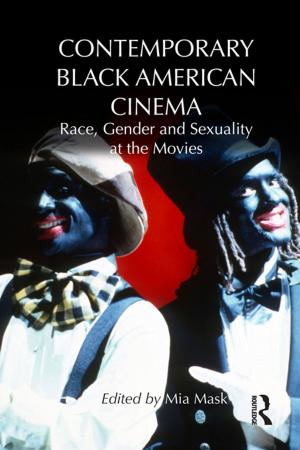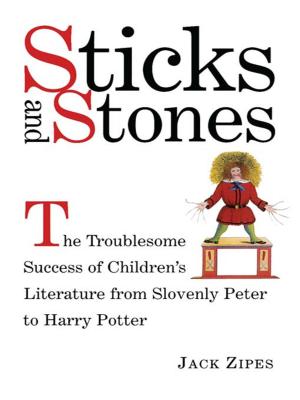Neutrality in Twentieth-Century Europe
Intersections of Science, Culture, and Politics after the First World War
Nonfiction, History, Scandinavia, European General, Modern, 20th Century| Author: | ISBN: | 9781136300554 | |
| Publisher: | Taylor and Francis | Publication: | August 21, 2012 |
| Imprint: | Routledge | Language: | English |
| Author: | |
| ISBN: | 9781136300554 |
| Publisher: | Taylor and Francis |
| Publication: | August 21, 2012 |
| Imprint: | Routledge |
| Language: | English |
Whether in science or in international politics, neutrality has sometimes been promoted, not only as a viable political alternative but as a lofty ideal – in politics by nations proclaiming their peacefulness, in science as an underpinning of epistemology, in journalism and other intellectual pursuits as a foundation of a professional ethos. Time and again scientists and other intellectuals have claimed their endeavors to be neutral, elevated above the world of partisan conflict and power politics. This volume studies the resonances between neutrality in science and culture and neutrality in politics. By analyzing the activities of scientists, intellectuals, and politicians (sometimes overlapping categories) of mostly neutral nations in the First World War and after, it traces how an ideology of neutralism was developed that soon was embraced by international organizations.
This book explores how the notion of neutrality has been used and how a neutralist discourse developed in history. None of the contributions take claims of neutrality at face value – some even show how they were made to advance partisan interests. The concept was typically clustered with notions, such as peace, internationalism, objectivity, rationality, and civilization. But its meaning was changeable – varying with professional, ideological, or national context. As such, Neutrality in Twentieth-Century Europe presents a different perspective on the century than the story of the great belligerent powers, and one in which science, culture, and politics are inextricably mixed.
Whether in science or in international politics, neutrality has sometimes been promoted, not only as a viable political alternative but as a lofty ideal – in politics by nations proclaiming their peacefulness, in science as an underpinning of epistemology, in journalism and other intellectual pursuits as a foundation of a professional ethos. Time and again scientists and other intellectuals have claimed their endeavors to be neutral, elevated above the world of partisan conflict and power politics. This volume studies the resonances between neutrality in science and culture and neutrality in politics. By analyzing the activities of scientists, intellectuals, and politicians (sometimes overlapping categories) of mostly neutral nations in the First World War and after, it traces how an ideology of neutralism was developed that soon was embraced by international organizations.
This book explores how the notion of neutrality has been used and how a neutralist discourse developed in history. None of the contributions take claims of neutrality at face value – some even show how they were made to advance partisan interests. The concept was typically clustered with notions, such as peace, internationalism, objectivity, rationality, and civilization. But its meaning was changeable – varying with professional, ideological, or national context. As such, Neutrality in Twentieth-Century Europe presents a different perspective on the century than the story of the great belligerent powers, and one in which science, culture, and politics are inextricably mixed.















